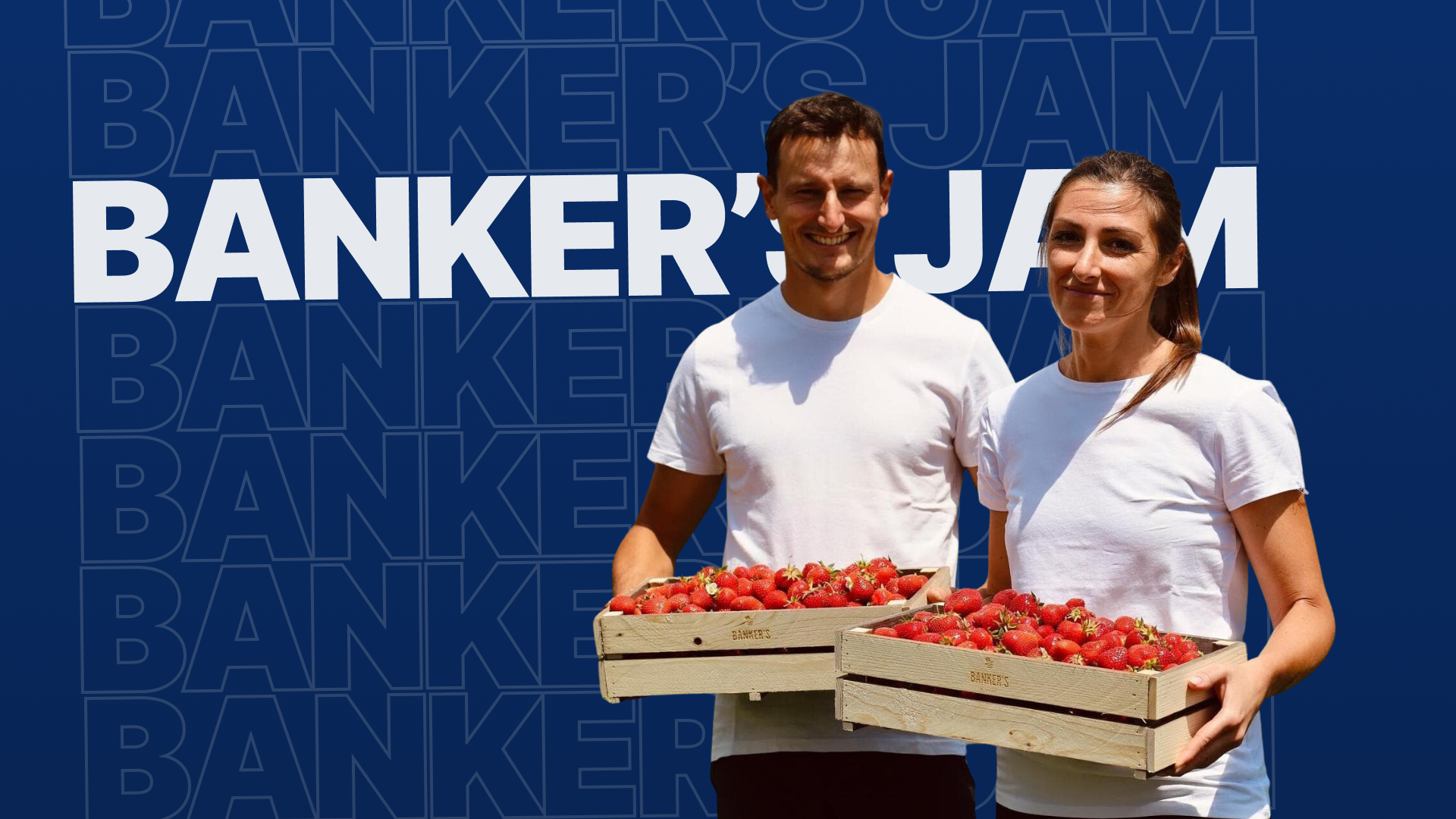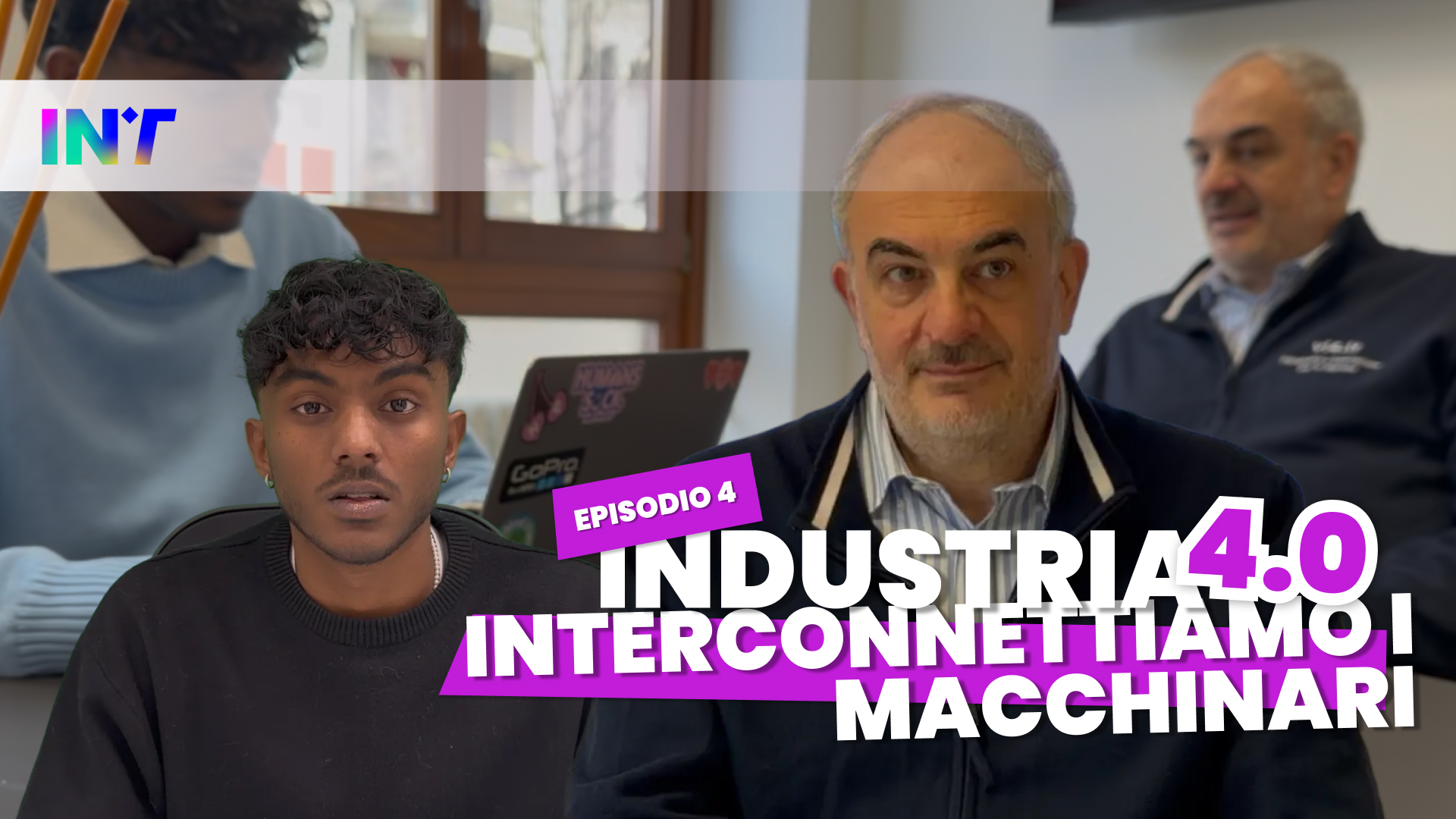#identity card: Banker’s Jam is an agricultural company based in Besana in Brianza born in August 2018 and founded by Andrea Tagliabue, a young man from Brianza who was studying finance in London. This reality mainly produces red fruit jams sweetened with honey and vegetable compotes, but over time it has also specialised in the production of juices, gin and pastries. We talked about it with Andrea Tagliabue:
#flashback: when and how did your company come into being and what projects await you in the future?
The project was born in August 2018 somewhat by chance. I was a finance student in London but decided to return to Italy because I was somewhat disappointed by the London environment. After a few months off, I decided to take an agricultural course in Minoprio on bees out of a personal interest: this is where it all started. One day, the institute took us to a beekeeper who was making jam with honey and I was amazed, so much so that the desire to produce it was born in me, looking for a way to improve its quality. From this experience, the project started, which over time saw an increase in requests and consequently in production: initially the idea was to work only with raspberries but then I decided to also introduce strawberries, blueberries and blackberries as well as two vegetable compotes.
Future plans depend on the demands and what the customer likes best, but above all, the comparison with ‘rivals’ in the sector is fundamental: the aim is to differentiate one’s own product from that of others. For this reason we have started to produce gin, pastry products such as colombe and panettone, and there is also the possibility of investing in pharmaceuticals: in a few weeks a freeze-dryer should arrive (it dries the product but retains the nutritional properties unlike a traditional dryer) that will allow us to create new products, we are already thinking of blueberry as a raw material, because it is considered among the five most beneficial fruits in the world and freeze-drying it can be reduced to powder that mixed with other fruits can produce capsules useful in preventing cancer. The important thing is to innovate and try to differentiate from other companies without being afraid to experiment.
#sustainability: how are you related to sustainability and how important is it to you?
Certainly we are different from companies that use greenhouses and thus obtain poor quality products: our aim is always to produce with quality, the customer knows this and is willing to buy our product despite the higher price. If the plant is strong, healthy and well nourished, it does not need chemicals. A fundamental procedure of our method is to prune the plants in the summer immediately after the harvest: in this way the plant ‘heals’ faster and has less chance of being affected by pathogens than when pruning takes place in the winter as most companies do, so it becomes unnecessary for us to use chemicals because the plant is already strong. Furthermore, in our pots we use soil with manure and not peat (potting soil without nutrients), which needs fertigation (water with dissolved fertiliser) to obtain a plant that is in any case less strong than one treated naturally. Besides this we try to use as little plastic as possible. I see myself as the first customer of my company and I want to eat natural products, which is also why we want to preserve nature.
#guardarelontano: is there a desire to export the product beyond Brianza and the surrounding area and abroad?
This is one of the first goals, and I must admit that the Brianza people have helped us a lot to increase sales and expand the market, so sales in Brianza remain crucial for us. With time we will increase production and the number of plants, but to reach this goal we still need time and money to invest. We started from scratch, we have grown and learned from our mistakes and in the future we want to be a fixed presence in the Austrian, German, Swiss and French markets, especially with fresh fruit: we always stay there, the natural agricultural product is of higher quality than the industrial one and the customer recognises this, but unfortunately I believe that the agricultural sector will lose ground compared to the intensive industrial one because intensive cultivation guarantees lower prices.






